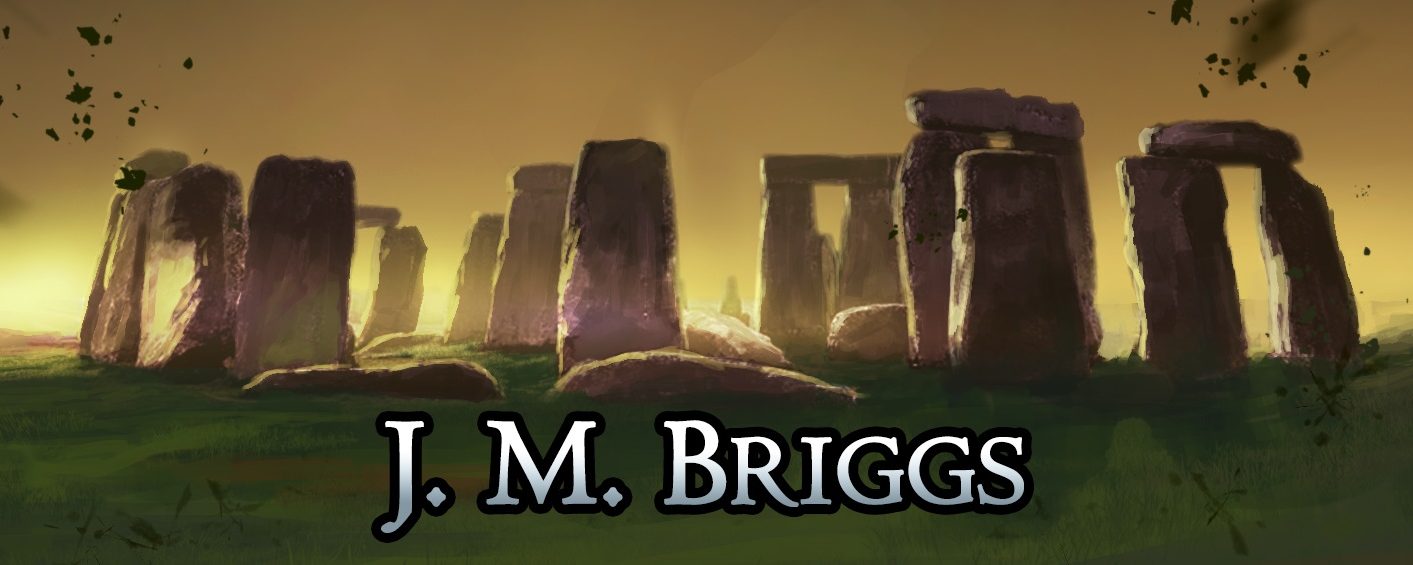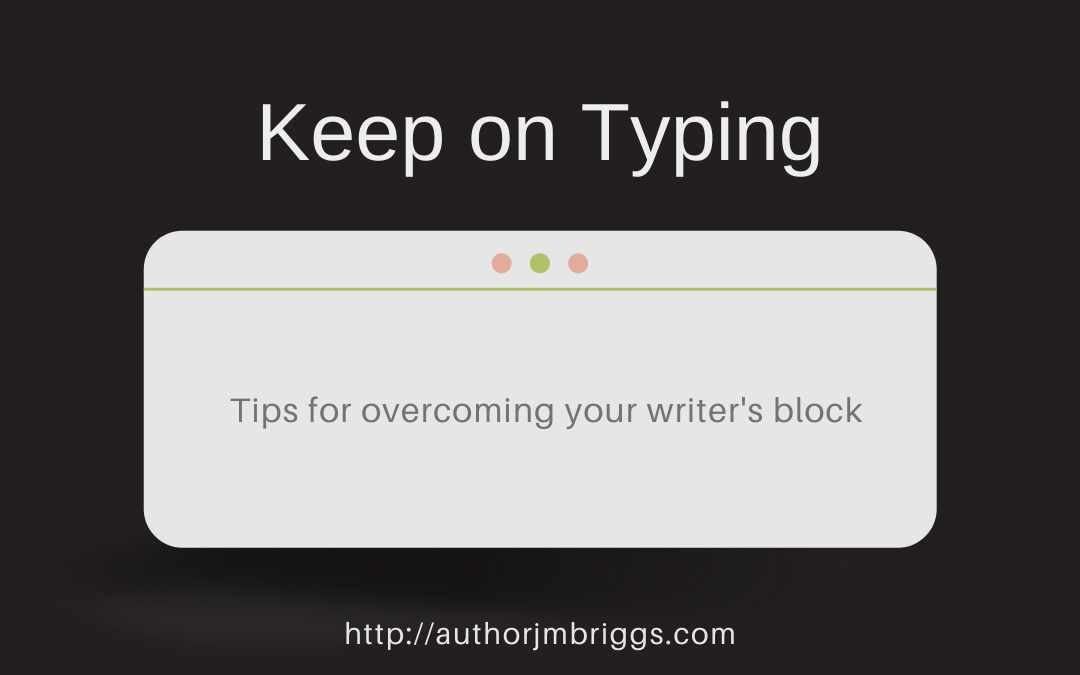If you’re a writer, you’re going to suffer writer’s block someday. Even planners who know what is supposed to happen can find themselves struggling to find the right words and put them in the right order. There are many articles with tips on how to get through writer’s block, but these are the techniques that I’ve tried and tested out during my periods of frustration.
Keep pushing
Accept that maybe what you’re writing today isn’t quite right. Perhaps it’s outright disappointing to you, but the key to dealing with writer’s block is to try to keep going. Give yourself permission for this writing session not to perfect. You can go back and fix it later. The goal should be to write and put words in a row, which will help you flesh out the ideas in your head. First drafts are first drafts for a reason. Be mindful that the pursuit of perfection isn’t stopping you from achieving anything.
Take a walk
For many of us, writing is done sitting down at a desk inside of our home or office. If we’re lucky, maybe we have a standing desk or can crack open a window. When trying to deal with writer’s block, I find it useful to get away from my desk and take a long walk. This removes me from the environment where I have been struggling and replaces the urgency of needing to write something with time to breathe and move. Physical exercise has been shown to lighten one’s mood thanks to endorphins which eases some of the frustration that may be weighing you down. A change of scene is also helpful as it can help stimulate your brain. So when you take a walk, you may want to tuck a small notebook and pen in your pocket just in case you find the missing piece you’re looking for while away from your desk.
Talk it out
Ideas can be hard, and writing them out is harder. Talking them out is sometimes easier. Phone a friend or, better yet, go out for coffee with a friend and tell them about your project. Listen to their reactions and try to answer any question they pose to you. In the past, I have found that the questions an outsider asks can help seed some new ideas and push you to consider your plot, characters, and world in a different way. You may be surprised what new information you discover about your story in the course of explaining it to someone else.
Write other parts
Depending on where you are stuck and what is giving you difficulty, the solution may be to skip it for now. Do you know the ending of your story? Is there a scene brewing in your mind that you aren’t to yet? Or do you have no idea of anything that happens from this point on? Pick something to write, be it a later scene, or open a new word document and have two of your characters start talking. It doesn’t even need to be plot-related. You might no use this ever in the story, but it will keep you writing and might even flesh out your characters a bit more. If you have ideas for the end of the book, then start writing those instead. Writing the ending may give you plot points that need to happen for the story to get there or may reveal something big that needs to change.
Write something else
Perhaps your writer’s block is linked to one particular project and isn’t a general affliction. Turn your focus from the project giving you trouble and write something else. If you have another writing project, give it some time and focus either on planning or writing. Find a writing prompt and write 500 words for the prompt to spur on your creative juices. The prompt may inspire the idea you need. Just keep writing!
Rest
When all else fails: rest. Put aside the project for a while and get some sleep. Let your subconscious work on the problem behind the scenes for a couple of hours or even a couple of days. You may simply be out of gas and need rest before your brain will cooperate and give you more material. Give yourself permission to not get the scene written today and take a break to let your brain recharge and then come back with fresh eyes.

